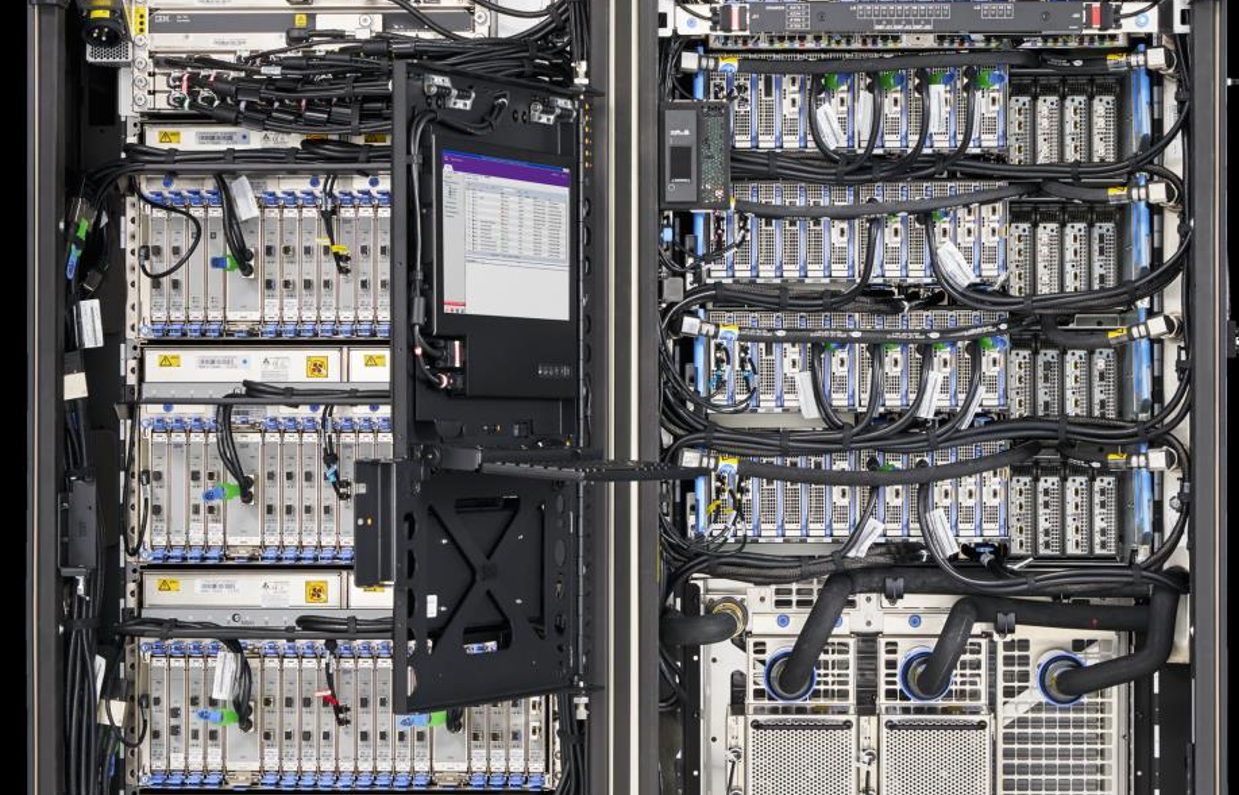Microsoft has demonstrated its desire to have its AI gateau and eat it, unveiling a tieup with French upstart Mistral AI in addition to its controversial relationship with OpenAI.
The deal comes as the French firm, founded by alumni from Meta and Google, unveiled Mistral Large, its “flagship” general purpose model which is fluent in multiple languages other than English and handles code and mathematics as well as text. It has also released a new Mistral Small, optimised for latency and cost.
Mistral claimed that Large comes second only to GPT-4 on massive multitask language understanding, with a score of 81.2 percent compared to GPT's 86.4 ercent. It claims top place for common sense and reasoning on the Arc Challenge benchmark.
The “multi-year partnership” sees Mistral gain “access to Azure’s cutting-edge AI infrastructure”, to fuel its own development. Building and training models takes huge amounts of compute, including increasingly hard to source GPUs, so this should ease one headache for Mistral's founders.
Simultaneously, Mistral Large will be “available first on Azure, as well as the Mistral AI platform”. That means Mistral Large and its other premium models will be part of Azure's Models as a Service offering in Azure AI Studio and the Azure Machine Learning Catalog. They will also count towards an organization's Microsoft Azure Consumption Commitment, easing purchasing decisions.
To date, Microsoft’s AI strategy has been intimately, if obscurely, entwined with US-based OpenAI. OpenAI’s structure blends profit and non-profit elements. Microsoft has a stake in OpenAI, and the AI firm uses Azure. Microsoft is not thought to taking a shareholding in Mistral, though it is investing in the firm.
However, the deal immediately drew attention from regulators, with a European Commission spokesperson confirming to The Stack that it had “received the mentioned agreement which we will analyse.”
The Commission, in common with UK and US authorities, is already investigating Microsoft’s relationship with OpenAI. The EU also has its AI Act in the pipeline, which amongst other things, aims to manage AI risks, AND position Europe “as a leader in the ethical and sustainable development of AI technologies.”
It’s also worth noting that Brussels has also been concerned about Europe’s AI sector falling behind due to a lack of access to cutting edge infrastructure. It has announced plan to repurpose its HPC infrastructure to benefit AI researchers and startups.
In a post, via LinkedIn, Microsoft president Brad Smith said the Mistral deal was “grounded in our commitment to provide access to the most advanced AI models, while building trustworthy and safe AI systems and products globally.”
He focused on three key aspects of the deal, including Mistral gaining access to super computing infrastructure – in the shape of Azure – and scale to market, as part of the Azure AI portfolio.
The third key point, according to Smith, is AI R&D, with the firms collaborating around “training purpose specific models for select customers, including European public sector workloads.”
Cynics then might suggest that Microsoft is playing into some of Brussels’ concerns. It is giving a European AI champion, that will presumably be fully compliant with EU rules around both AI and issues like data sovereignty, broader commercial reach.
It is also providing that champion with access to the sort of compute firepower that Brussels has been fretting about. Meanwhile, Microsoft has also been trumpeting its AI flavoured investments in its datacentres across Europe.
And it will be enabling Euro-compliant AI technology for Brussels and national Europe governments. Perhaps helping them sidestep any concerns about working with US-focused entities. Like OpenAI. [Or Palantir.]
And with US authorities getting nervous about [open source] AI as a “dual use” technology, it probably doesn’t hurt Microsoft to spread its bets by backing non-US grown technology, albeit at one remove.








